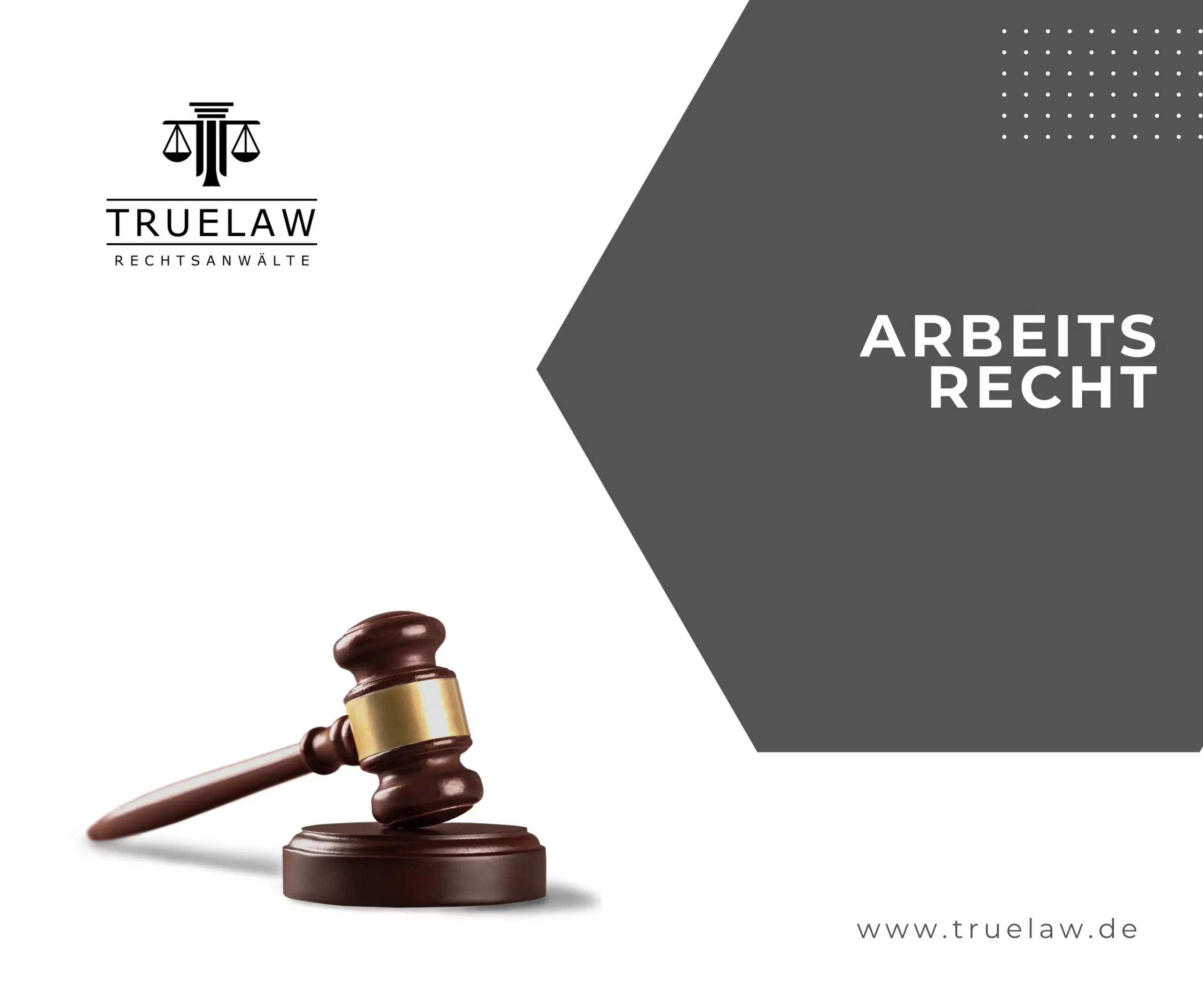The severance payment is a one-off special payment made to the employee as compensation for the loss of employment when the employment relationship is terminated.
Other employees subject to social security contributions may also be entitled to severance pay under certain circumstances. As lawyers for employment law, we will check a claim for you.
As an employee, you are generally not legally entitled to a severance payment when your employment relationship is terminated. Whether you are legally entitled to a severance payment can be found in the provisions of collective agreements, social plans or in your employment contract.
Employers often pay severance pay to avoid a legal dispute. One possibility for this is termination with severance pay in accordance with § 1a KSchG. In this case, the employee is entitled to a severance payment if he waives the right to file an action for unfair dismissal.
If you as an employee have already filed an action for protection against dismissal and the labor court determines that cooperation with the employer is unacceptable, the employment relationship can be terminated in accordance with Section 10 KSchG against payment of a severance payment.
A severance payment is also often agreed in the amicable termination agreement.
The amount of the severance payment is often based on a “rule of thumb”. Accordingly, half to a full month’s gross salary per year of employment is considered appropriate.
The compensation claim of the commercial agent pursuant to Section 89b HGB must be distinguished from the severance payment. In our law firm, one of our main focuses is commercial and corporate law. Contact us if you would like advice or representation from one of our lawyers in this regard.

